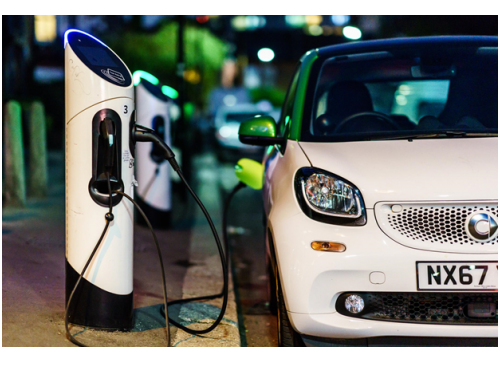It seems that every week we’re hearing more and more about electric cars. Improved technology and electric car production means that many people are choosing to switch to electric cars, forgoing their petrol and diesel counterparts.
But will we ever reach a time when there are more electric cars on the road than petrol? At the moment, this may seem unlikely. However, the number of electric charging points is always increasing to make the electric car a much more practical and economical choice for more drivers. So, we’ve answered the question of whether the electric car will take over the fuel-run car and why this has the potential to happen.
Will electric cars become more popular?
In some research produced by Baringer in 2018, they found that around 30 per cent of Brits would consider buying an electric car. This is compared to the previous year’s figure of 25 per cent. This five per cent increase could be due to the improved choice of electric models available, the awareness of the current environmental situation or something else entirely. Regardless, the desire for 100 per cent electric cars has increased. Furthermore, 40 per cent of Brits claimed that electric cars will be more popular than diesel or petrol engines by 2034.
The UK government recently announced that fossil-fuel producing engines will be banned by 2030 as part of the new green industrial revolution, so it is likely that we’ll be seeing many more electric cars on the roads in the coming years.
Although the transition from petrol or diesel engines to electric ones will be quite slow, it is thought that electric will become the preference for many people. As technology improves, battery life is getting better and charging times are reducing significantly. However, what may be putting people off is the price of electric car batteries. They can cost around £1,000, however we’re hoping that, with future technology developments, this figure will improve too.

Why do we need electric cars?
Most of us are aware of our planet’s pollution problems, and electric cars could help to reduce the amount of carbon dioxide that we produce, as well as the use of irreplaceable fossil fuels.
Although an electric car creates some emissions through the electricity it uses to charge, it doesn’t release any exhaust emissions. If you wanted to create even fewer emissions from your electric vehicle, you could use solar power to charge the vehicle, which is a form of renewable energy.
Reduced exhaust emissions could have an impact on our health, too. The gases that are produced when the fuel burns in the engine can cause health issues like asthma and bronchitis. In some cases, the chemicals have been linked to cancer. Therefore, not only are we improving the health of the planet, but also our own health.
Are hybrid or electric cars better for the environment?
This isn’t necessarily an easy question to answer, as it depends on where the electricity comes from (and, most importantly, how it’s created). In some cases, electricity is created using coal and natural gas. However, according to research by BloombergNEF, carbon dioxide emissions produced by electric vehicles that are charged with electricity are still 40 per cent lower than vehicles that are either partly or fully powered by fuel.
This could change in the future as we move away from using fuel and gas and we create more energy from wind and solar farms.
Are electric cars cheaper to own?
An electric car may be more expensive to buy. However, it’s thought that the running costs might be significantly lower than the running costs of a petrol or diesel engine.
An electric vehicle’s engine is less complicated than an internal combustion engine, which means that there are fewer things that could potentially go wrong. This could mean fewer trips to the garage with an electric car.
Then there’s the cost of fuel. Charging an electric engine may be cheaper than filling up a combustion engine with fuel. In fact, according to the Telegraph, driving for one mile in an electric car could be three to four times cheaper than a mile in an efficient diesel car. Arguably, this cost could be cancelled out by the expense of having an electric charging point installed in your home. However, the government will pay up to 75 per cent of the cost in order to encourage more people to go electric.
Finally, with an electric vehicle, you could actually make money from the electricity that you’re producing. Any electricity that isn’t used to charge your vehicle can be ‘sold’ back to the National Grid so you could make a small fee back.
*This post has been written using the information found in Baringa’s report ‘Is the UK ready for electric cars?’.
